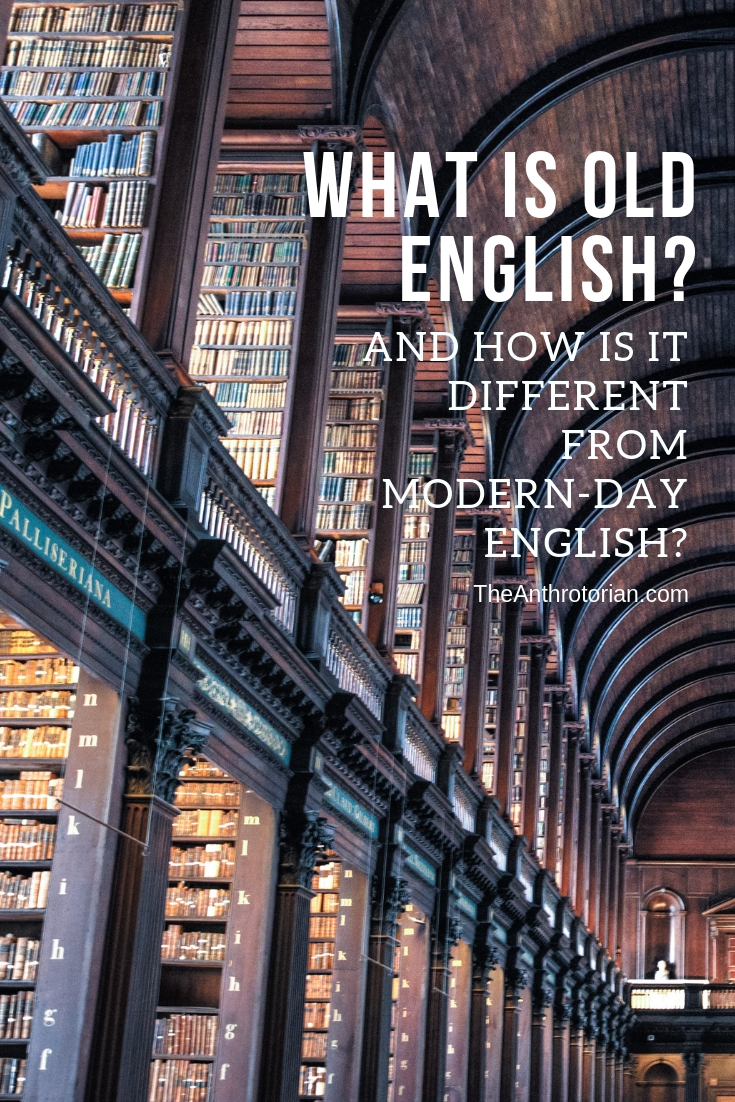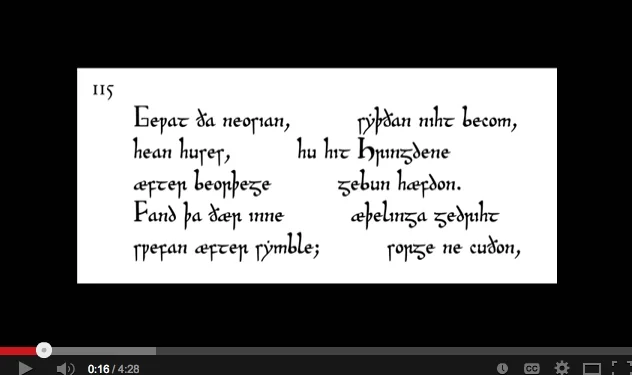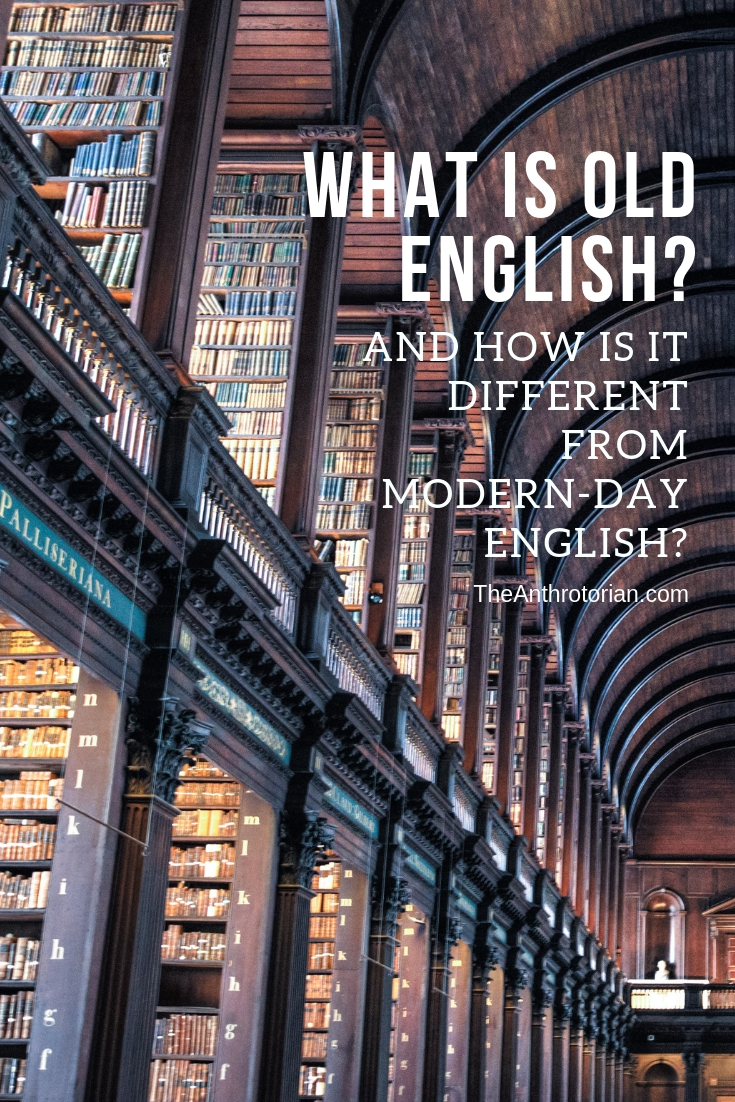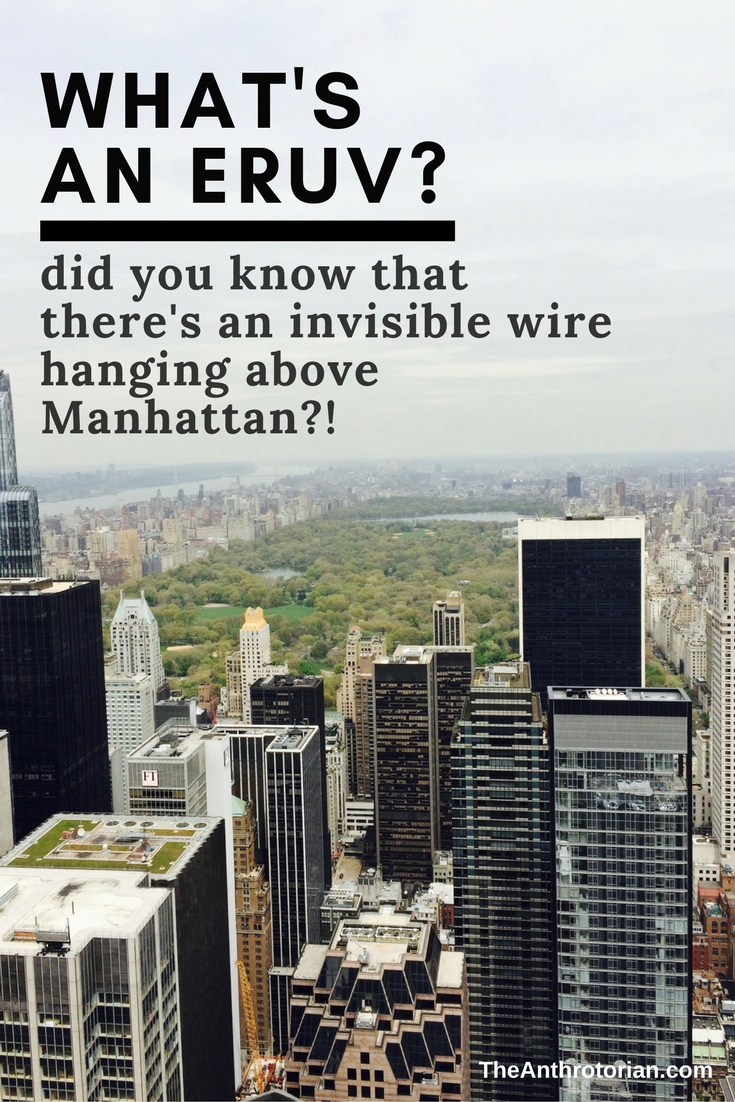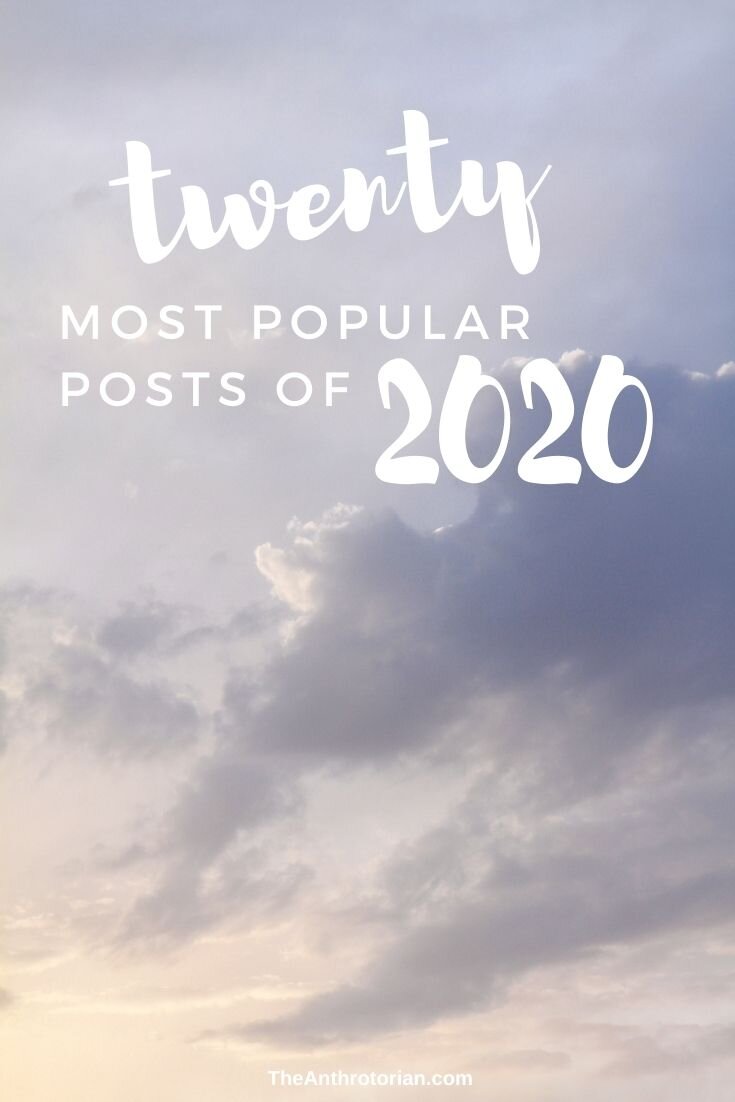When you read the words “Old English”, I am sure that the first thing that pops into your head are passages from Shakespeare's plays and words like "thou" and "ye".
I am afraid, however, that you would be incorrect.
The English that Shakespeare used is actually called Early Modern English.
So, what is Old English?
Old English was a language spoken by the Anglo-Saxons (or English speaking peoples) who inhabited Britain from around 449-1066. Modern-day languages spoken all over the world can trace their roots back to this dialect. It looks and sounds completely different then any of these languages however.
So foreign is it to our ears in fact, that elements of these ancient words were used to make up the Elfish language in Tolkien's Lord of The Rings books and movies.
Here's an example of Elfish:
Because literacy was low at the time when it was spoken, stories and histories were transmitted orally and so there are only a few texts that exist in Old English.
One of the most famous (other than the Bible of course) is Beowulf — yes, that long, epic poem that you were forced to study in English class, and didn't really understand, was actually a translation from Old English.
Here are lines 115-125 of the poem, when Grendel the monster attacks while the troops are sleeping, as you may have remembered reading them:
“When night descended he went to seek out
the high house, to see how the Ring-Danes
had bedded down after their beer-drinking.
He found therein a troop of nobles
asleep after the feast; they knew no sorrow
or human misery. The unholy creature,
grim and ravenous, was ready at once,
ruthless and cruel, and took from their rest
thirty thanes; thence he went
rejoicing in his booty, back to his home,
to seek out his abode with his fill of slaughter. ”
Now here is what you just read being spoken in Old English (the text that you see in the video are the lines above written in Old English):
As you can see (and hear) from the video above, Old English really isn’t anything like Modern-Day English at all, though it may be the root of our current language.
If you are interested in leaning more, I suggest reading Introduction To Old English by Peter S. Baker, and picking up a version of Beowulf in it's original form. I like the version by Bruce Mitchell and Fred C. Robinson.
